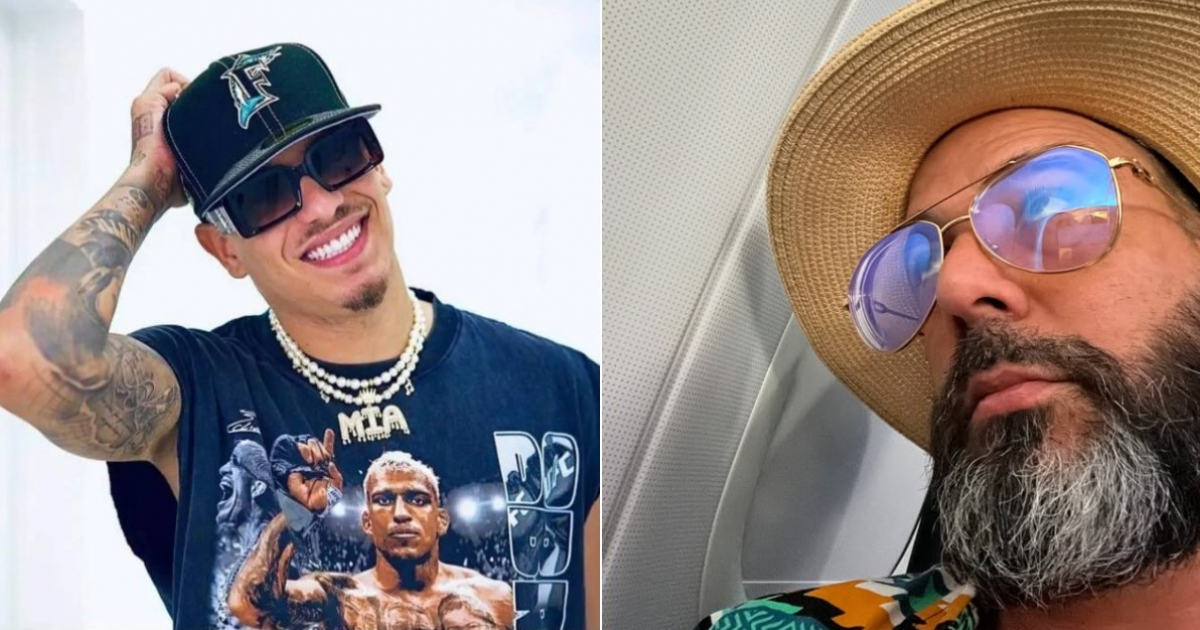The Cuban state media has stepped in to defend the recent concert of reggaeton artist Bebeshito in Miami, branding Alexander Otaola as "the unmentionable." A podcast by journalist Arleen Rodríguez Derivet, shared by Cubadebate, described Bebeshito's performance on December 28 as "another defeat for the unmentionable," celebrating Otaola's "notable embarrassment" after predicting the venue wouldn't fill up.
Journalist Bárbara Betancourt chimed in during the recording, stating, "The unmentionable can't seem to get anything right. Take away his influencer status because he doesn't seem to influence anyone anymore, except to do the opposite of what he suggests."
Those supporting the regime recalled comments made by Miguel Díaz-Canel at the latest UNEAC Congress, where the Cuban leader essentially praised reggaeton. He criticized "expressions of disdain or underestimation from sometimes elitist positions" towards the genre and advocated for its inclusion in the cultural policies of the revolution.
The article also underscores that the Cuban state "has not turned its back on the phenomenon," acknowledging that just as it filled a stadium in Miami, "it also packs other venues in Cuba." This isn't the initial instance where regime-aligned journalists have backed the undeniable success of Oniel Bebeshito's concert at Miami's Pitbull Stadium, which drew a crowd of 20,000.
The day following the event, Ana Teresa Badía from Radio Rebelde took to Facebook, exclaiming that "never before had a Cuban urban genre artist headlined such a large-scale show in the United States." Badía emphasized the need for more inclusive cultural policies that foster a solid artistic education and promote lyrics that are "less vulgar and more contributive," highlighting that the reggaeton phenomenon is a cultural, sociological, and communicational force that cannot be ignored.
Meanwhile, journalist Oni Acosta Llerena adopted a more analytical stance, asserting that context is crucial when evaluating the reach of these musical phenomena: "Twenty thousand attendees in Miami, the heart of reggaeton and Cuban and Latino audiences, is not a definitive measure."
Both journalists agreed on the importance of examining what is promoted and consumed in Cuba, making it clear that the massive impact of reggaeton is undeniable.
Understanding the Impact of Reggaeton in Cuban Culture
Why did Cuban state media defend Bebeshito's concert?
Cuban state media defended Bebeshito's concert to counter Alexander Otaola's predictions and to highlight the reggaeton artist's success as a cultural phenomenon that aligns with the state's cultural policies.
What was the significance of Bebeshito's concert in Miami?
Bebeshito's concert in Miami was significant as it marked a major achievement for a Cuban urban genre artist, drawing a crowd of 20,000 and demonstrating the widespread appeal and impact of reggaeton.
